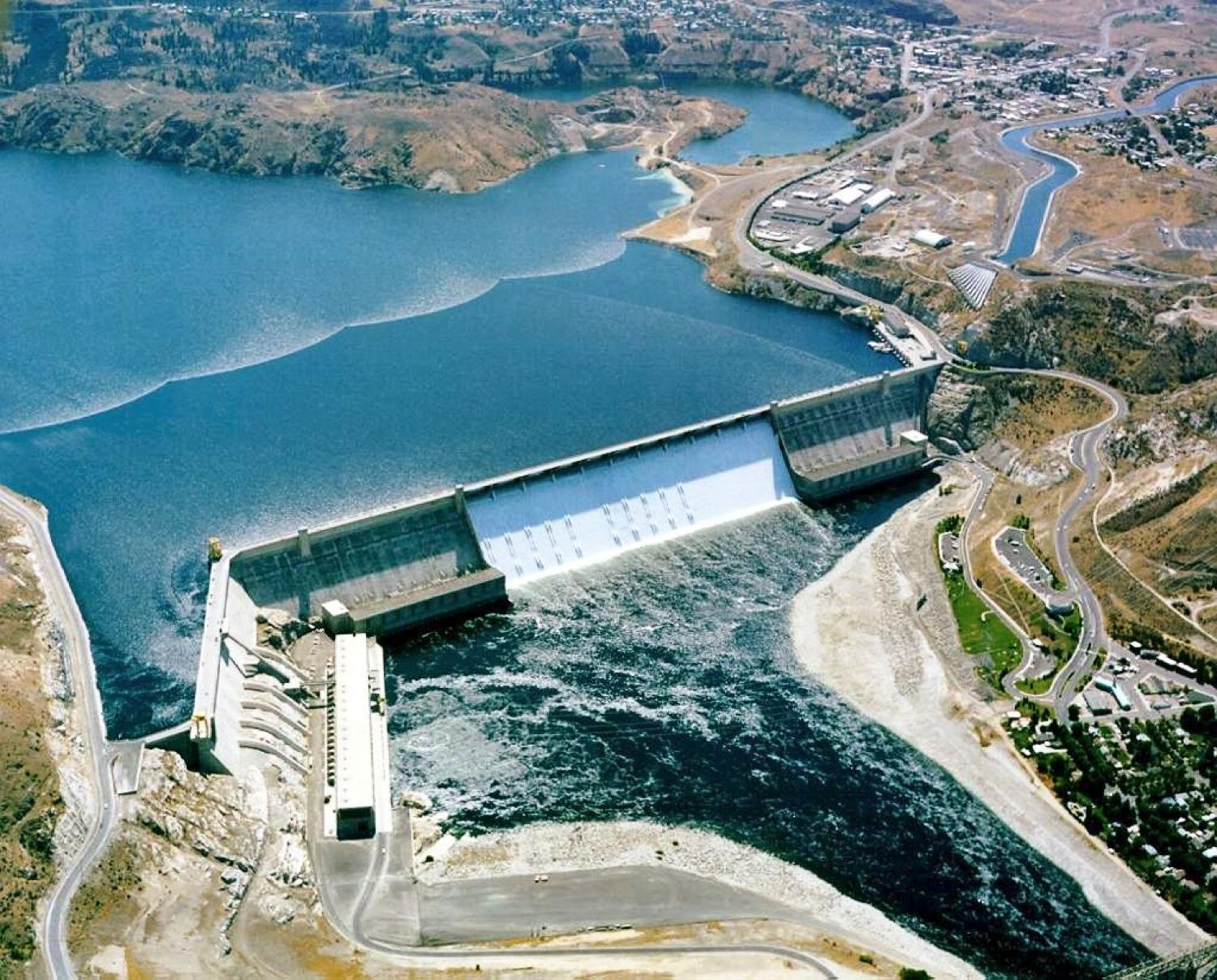Optimizing Flexible Spill Operations Presentation at CEATI Conference

Mitch Clement and Tim Magee attended the CEATI Hydropower Conference in Palm Springs, California, March 15-16, 2022. The theme of the conference was "The Past, Present and Future of Hydropower". The conference was attended by members of the hydropower industry from across North America. Clement gave a presentation "Optimizing Flexible Spill Operations on the Columbia River for Bonneville Power Administration" on the 16th. The presentation was in the Hydropower Operations and Planning Interest Group track in a session on Flexibility and Optimization.
Authors: CADSWES - Mitch Clement, Tim Magee, Edith Zagona; Bonniville Power Administration - Shane Mosier, Anna Stermer
Abstract: The Flexible Spill Agreement for the Columbia River System is largely viewed as a success story of collaborative, adaptive management that prevented costly litigation. The agreement was negotiated so that Bonneville Power Administration (BPA) could obtain significant value from power generation at hydropower plants on the Lower Snake and Lower Columbia Rivers while also providing the ecological value of improved conditions for migrating juvenile salmon. The agreement required increased spill at hydropower dams for improved fish passage but also provided flexibility to reduce spill up to eight hours each day for increased power generation.
BPA uses RiverWare Optimization for planning hourly operations for the 19 GW of capacity of the “Big 10” hydropower plants in the Columbia Basin over a two to three-week horizon. The RiverWare model optimizes hydropower operations within a wide range of high-profile environmental obligations. The Flexible Spill operation presents significant challenges for an optimization solution: the selection of the optimal hours to reduce spill is a mixed integer program; there are restrictions on the timing of the blocks of hours with reduced spill; additional constraints are in place for the eight hours of increased power generation to mitigate impacts on fish passage; specialized logic governs days with low inflows. We will describe how we utilized “trial objectives” with heuristics within RiverWare’s preemptive linear goal programming framework to optimize the Flexible Spill operation. We will also describe how the model formulation was adjusted over time to correspond with changes in the adaptive management strategy. The timely implementation of the Flexible Spill modeling gave BPA an efficient mechanism to plan which hours to reduce spill and allowed BPA to provide accurate generation forecasts to stakeholders throughout the Flexible Spill operations. The optimization solution helped deliver the hydropower value envisioned when the agreement was made.
More about the conference is available on the CEATI website.

